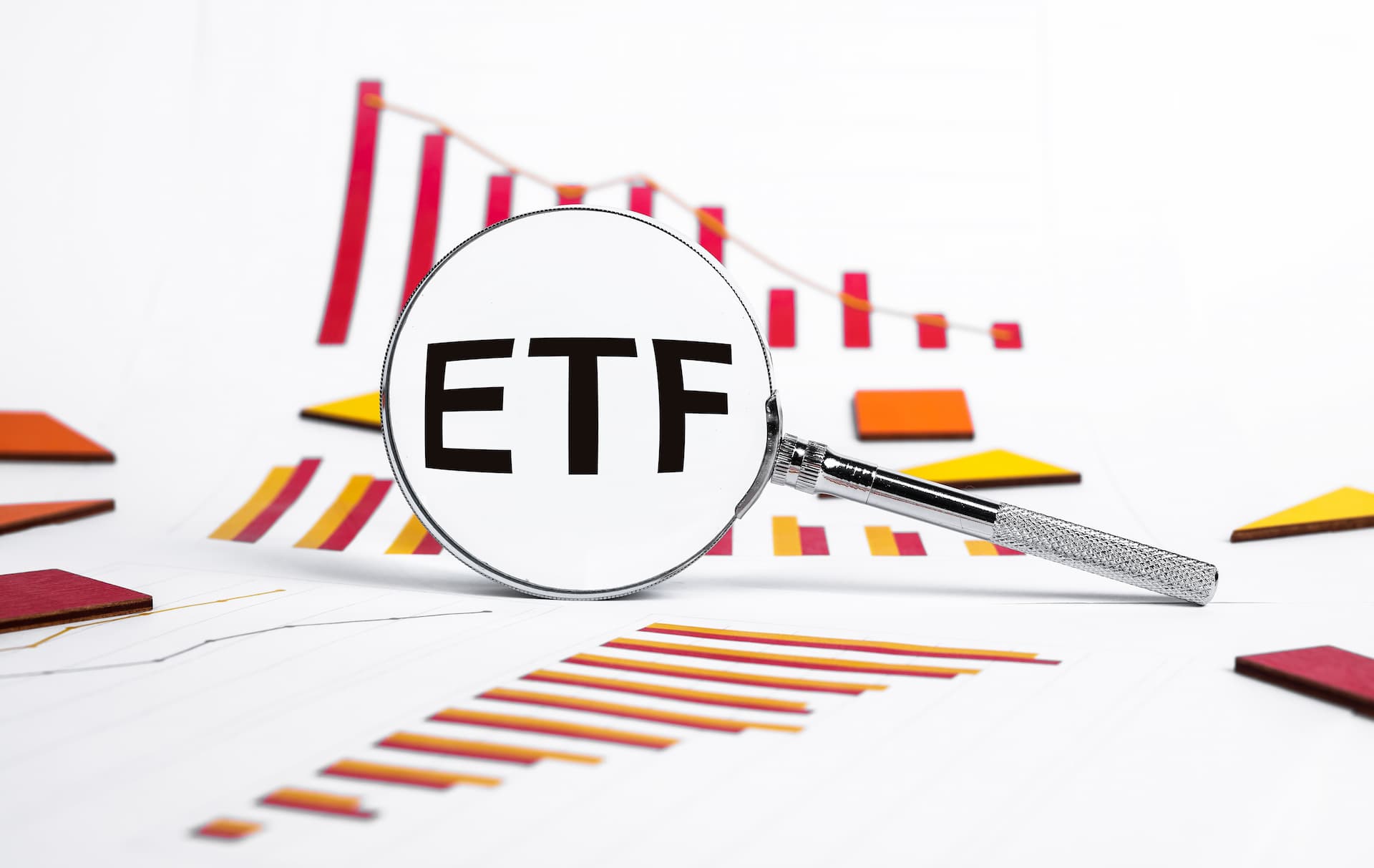How Financial Markets Work

Financial markets play a crucial role in the global economy by facilitating the exchange of capital and investments. These markets enable individuals and institutions to buy and sell assets such as stocks, bonds, commodities, and currencies. Understanding how financial markets operate is essential for investors and traders seeking to make informed decisions and capitalize on market opportunities.
Overview of Financial Markets
Financial markets are platforms where buyers and sellers come together to trade financial instruments. They can be broadly categorized into different types based on the assets traded and the purpose they serve. Major categories include:
- Stock Markets: Where shares of publicly traded companies are bought and sold. Examples include the New York Stock Exchange (NYSE) and the NASDAQ.
- Bond Markets: Where debt securities issued by corporations and governments are traded. Bonds provide investors with regular interest payments and return of principal at maturity.
- Commodity Markets: Where raw materials and primary agricultural products are exchanged. These markets include commodities like oil, gold, and agricultural products. For more on commodity trading, check out the commodities section.
- Forex Markets: Where currencies are traded against one another. The forex market is the largest and most liquid financial market in the world. Learn more about forex trading in the forex section.
- Derivatives Markets: Where financial contracts based on the value of underlying assets are traded, such as futures and options. Derivatives are used for hedging and speculation.
How Financial Markets Operate
Market Participants
Various entities participate in financial markets, including:
- Retail Investors: Individual investors who buy and sell securities for personal accounts. They often use brokerage accounts to trade stocks, bonds, and other assets.
- Institutional Investors: Organizations such as mutual funds, pension funds, and hedge funds that manage large portfolios of investments. Institutional investors typically have significant influence on market movements due to their large trading volumes.
- Market Makers: Firms or individuals that provide liquidity by quoting buy and sell prices for securities. They facilitate trading by ensuring that there is always a buyer and a seller for an asset.
- Brokers: Intermediaries who execute trades on behalf of clients. Brokers can be full-service or discount, offering varying levels of services and fees.
Market Structure
Financial markets are structured to facilitate efficient trading and price discovery. Key components include:
- Exchanges: Platforms where securities are listed and traded. Stock exchanges like the NYSE and the NASDAQ provide a marketplace for buying and selling shares.
- Over-the-Counter (OTC) Markets: Decentralized markets where trading occurs directly between parties without a centralized exchange. OTC markets are used for trading bonds, derivatives, and certain currencies.
- Trading Platforms: Online systems that enable traders and investors to place orders, monitor prices, and execute trades. For information on trading platforms, visit the trading tools section.
Price Discovery
Price discovery is the process by which the market determines the price of an asset based on supply and demand dynamics. Factors influencing price discovery include:
- Market Orders: Orders to buy or sell assets at the current market price. Market orders are executed immediately, reflecting the most recent market conditions.
- Limit Orders: Orders to buy or sell assets at a specified price or better. Limit orders help establish the price at which a trade will occur and can affect price movements.
- Economic Data: Information such as employment rates, inflation, and GDP growth can impact market sentiment and asset prices. For more on economic indicators, explore the economic indicators section.
Types of Financial Instruments
Stocks
Stocks represent ownership in a company and entitle shareholders to a portion of the company’s profits and voting rights. Stocks can be classified as common or preferred, each with different rights and benefits. For more on stocks, visit the stocks section.
Bonds
Bonds are debt securities issued by corporations or governments to raise capital. Bondholders receive periodic interest payments and are repaid the principal amount at maturity. Bonds can be classified based on issuer type, credit quality, and maturity. To understand bond markets better, check out the forex section.
Commodities
Commodities are physical goods traded on commodity exchanges, including raw materials like oil, gold, and agricultural products. Commodity prices can be influenced by factors such as supply and demand, geopolitical events, and weather conditions. For detailed information on commodities, visit the commodities section.
Derivatives
Derivatives are financial contracts whose value is derived from an underlying asset, such as futures and options. They are used for hedging risk or speculating on price movements. To learn more about derivatives, check out the trading tools section.
The Role of Financial Markets
Capital Allocation
Financial markets facilitate the efficient allocation of capital by directing funds from investors to businesses and governments. This capital supports economic growth and innovation by funding new projects and expanding existing operations. For more on investment strategies, refer to the fundamentals of trading section.
Liquidity
Markets provide liquidity by allowing assets to be bought and sold quickly without significantly affecting their price. This liquidity is crucial for investors who need to access their funds or adjust their portfolios. Learn about managing liquidity in the risk management strategies section.
Price Discovery
Through the process of price discovery, financial markets determine the fair value of assets based on supply and demand. This process helps investors make informed decisions and facilitates the efficient functioning of the economy.
Tags Directory
View AllLatest
View All
September 9, 2024
4 min
ETF Trading Strategies - 24markets.com

September 9, 2024
6 min
Building Confidence as a Trader - 24markets

September 9, 2024
3 min
Trading Strategies for Bonds

September 9, 2024
4 min
What is Position Sizing? - 24markets
Content
- - Overview of Financial Markets
- - How Financial Markets Operate
- - Types of Financial Instruments
- - The Role of Financial Markets

